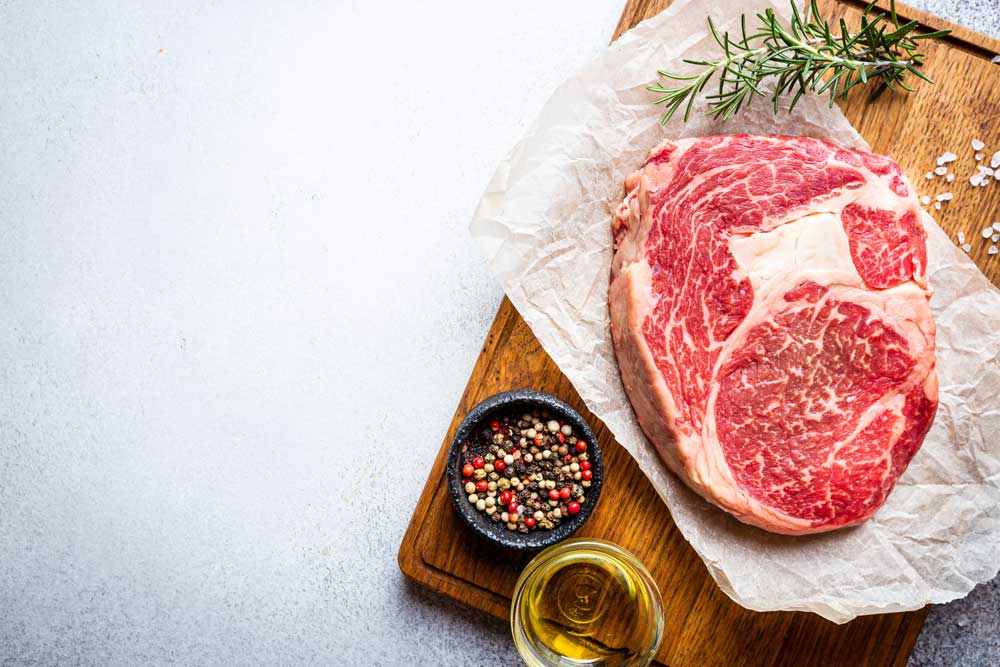In a world full of so many differing philosophies about nutrition and fitness, perhaps no aspect of one’s personal health has gone through more iterations in the national consciousness than how to handle one’s diet. Veganism, vegetarianism, the Atkins Diet, the Keto Diet, the Paleo Diet, the South Beach Diet, the Weight Watchers point system, and the Volumetrics Diet are all aspects of one essential truth — a consensus that seems to be agreed on by just about every nutritionist and fitness instructor on the planet — that in chasing a healthier lifestyle, “fitness is 20% exercise and 80% nutrition.”
There has been no shortage of platitudes to drive home this point of the overwhelming importance of nutrition as compared to exercise and activity.
- “You can’t outrun your fork.”
- “Abs are made in the kitchen, not in the gym.”
- “You can out-eat any workout plan.”
- “Aggressive exercising and poor eating is one step forward, two steps back.”
While we have all experienced workout crazes that were billed as “the way” to get the body you’ve always wanted — from idolizing the muscle-bound buffs who popularized weight lifting in the 70s, to the power walking fad in the 80s, to the celebrity-led VHS workouts of the 90s — it seems like we as a community have settled on diet as the key to living a life of total health and fitness.
It’s What’s For Dinner
The unity we all feel about the importance of dieting doesn’t mean that we’ve all agreed on the type of diet we should have, as illustrated above. At the nexus of this debate is probably the most beloved, yet infamous, food item when it comes to great taste and great gains: red meat. For those taking a full-body composition analysis, it is almost second nature to either blame the overconsumption of beef or worry that it isn’t being eaten enough.
But what is the truth about red meat? Is it good for you or has the science finally caught up with it and it has now finally fallen out of favor in the meal prepping rotation? Let’s do some digging.
Moderation Leads to a Healthier Lifestyle
A recent study published in the journal of health at Harvard Medical School follows the debates that still run hot for and against red meat. The impetus for the report came from a paper published by researchers in 2019 that deemed “it’s okay to eat red meat.” The response was predictably mixed. While the researchers found that there was no link between the consumption of red meat and the exacerbation of preexisting medical conditions such as heart disease, cancer, and diabetes, their critics were quick to point out that for every test they used as a basis for their findings, another test has debunked it.
In the end, Harvard had found that “the evidence shows that people with a relatively low intake have lower health risks. A general recommendation is that people should stick to no more than two or three servings per week.” It is also important to note the difference between red meats and processed red meat. The latter contains a number of additives that can be harmful to health. Studies show that some such additives can increase the risk of colon cancer, inflammation, and other serious health conditions. Thus, it is recommended to stick to quality, non-processed red meat in moderate amounts, 2-3 times per week.
The question is why. Why are we counseled to only eat it sparingly and why is there a war over the merit of fear-mongering as it concerns red meat? Well, because red meat can actually be quite healthy for you.
Healthy and Delicious
At the end of the day, when it comes to quality red meat, we find a food source that is great for meal prepping, as it promotes muscle growth and a healthy brain. According to a study, red meat contains:
- Vitamin A
- Vitamin B3
- Vitamin B6
- Vitamin B12
- Vitamin E
- Iron
- Zinc
- Selenium
- Creatine
- Carnosine
- Omega-3s
But before you take to eating beef every day, remember, too much of anything is a bad thing, even exercising and drinking water (if not done sensibly).
Is Redder Better?
In the end, if there are questions about the viability of one type of food or another and how it could help in your personal goals to attain a healthier lifestyle, then it is best to consult a licensed nutritionist like those at Total Health and Fitness. Our team of professionals will guide you on the right path to knowing what should be going in your body in order to get the best results for your goals.
The best way to combat fear about a type of food or a style of exercise is to become educated about it. Our trainers, above all, are teachers who will see that you’re working from the best and latest studies. Meal prepping for a healthy life doesn’t have to be agonizing. Let’s get started today!








